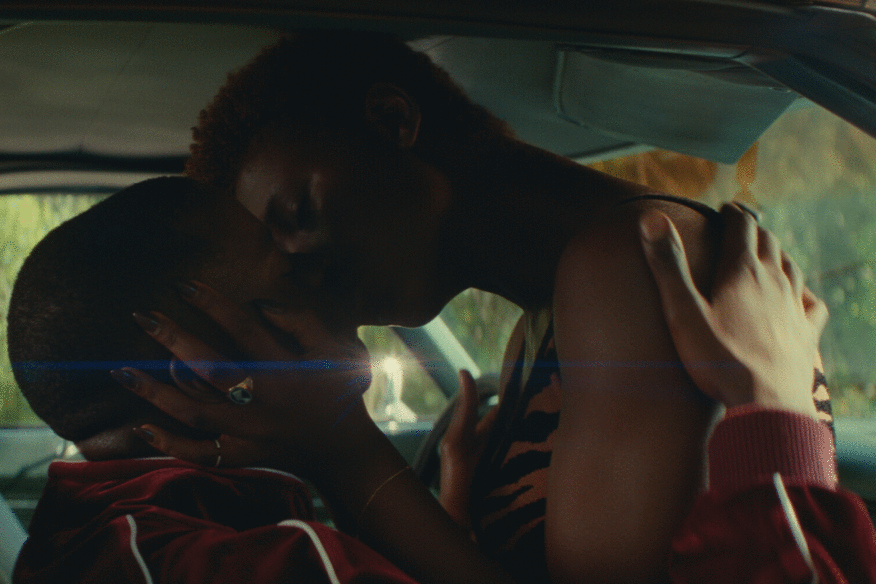She ate: Maren’s Bones and All journey is a metaphor for radical self-acceptance
She's slaying in all the possible ways one can slay and she's learning to make her peace with it.
Kemi Alemoru
09 Dec 2022
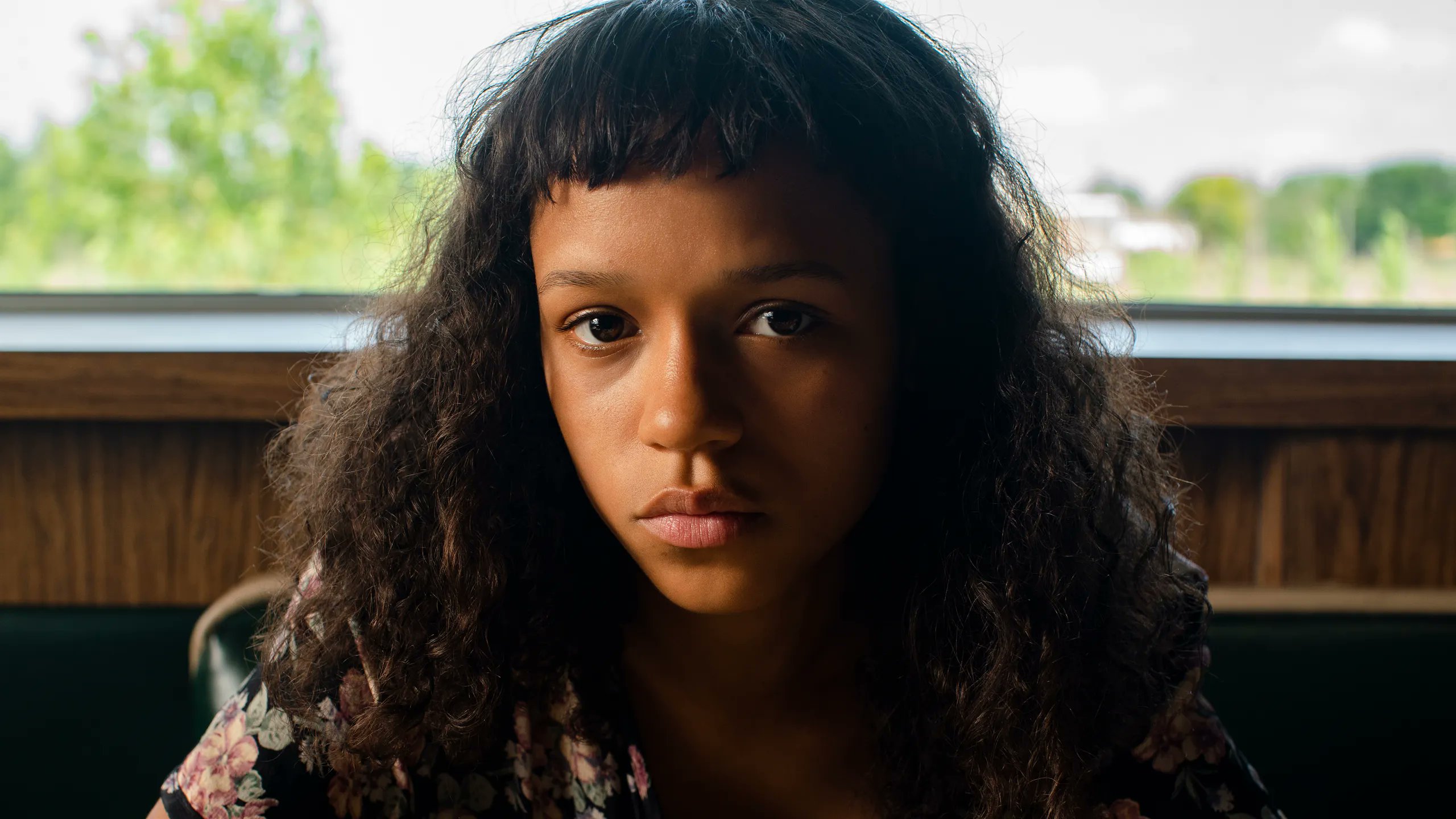
MGM studios
Content warning: mentions of death
Contains spoilers
Timothée Chalamet’s waif body bleeds out on the floor while Taylor Russell’s angelic face looks forlorn. At the end of Bones and All it’s clear that the only home Lee and Maren – the protagonists the actors portray beautifully – ever found was in each other. Now as his breath weakens and she contemplates chowing down on the love of her life she has to accept that she is not a classy breed of cannibal. She is uncouth, feral. She accepts her flaws and Lee shows that he completely accepts hers with some of his final words: “I want you to eat me”.
It’s so creepy and yet it still makes you a little bit jealous. As coming-of-age tales go, Bones and All is absolutely disgusting. Luca Guadagnino’s romance horror is heavy on gore. There are visceral images of teeth pulling skin away from muscle, of blood-soaked fingers clawing muscle away from bone. But he told Radio Times that viewers should see it as “a dark fable about trying to thrive with love.” On the face of it, this is a film about cannibalism, but ultimately the skeleton of this unusual story is the extremely relatable process of reaching adulthood, finding out who you are, and finding someone who will accept you or help you grow.
What gives the narrative a sense of movement, structure, support, and substance is the character’s journey of coming to terms with their identity and their flaws through love. In some ways, these are the negative traits that are pretty standard. For most people, you might have inherited your parents’ bad communication styles or poor emotional regulation. For Maren, it turns out her cannibalism is hereditary and that her mother left her as the impulse to consume human flesh was so strong that she ate her own hands. When Maren meets Sully, an experienced cannibal who lives an isolated life moving from place to place and feeding on people who are about to die, he feels instantly connected to her. He shares his process of how he decides who to eat, how he eats and even feeds on a body next to Maren in his tighty-whities. Sully lets her watch him clean off – something he’s never let someone else see before. He lets her witness his interior life as he is desperate to be seen and understood.
“Who doesn’t want to be loved, despite their dark, embarrassing or unrefined sides?”
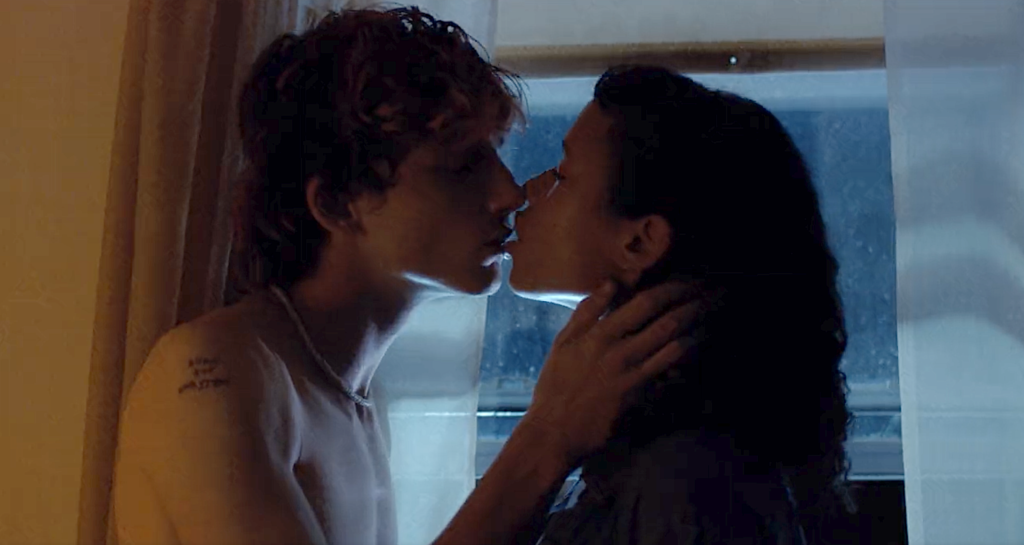
All of the above, paired with the fact that Maren divulges to the new men in her life that she has been eating people since childhood, shows that cannibalism is a metaphor for the secret shames we carry.
Then take Lee, on the surface he’s a spaghetti-legged wanderer. A mystery. He can’t stay at home too long because of his unusual appetite but it is clear that he loves his sister, which is endearing. He’s an eater but has a strong moral compass. He only eats people who are rude to women or trick children at funfairs – you know, people who are asking for it. His biggest shame is really that he ate his violent dad. But if I had a pound for every man who had so many gripes with his own father that he’d eat him if he had the chance, I’d be able to put down a house deposit in London’s Zone 3. Still, he struggles to admit that he devoured his dad to anyone but Maren, and she responds with love as she knows him, she knows his heart, and that he had good reasons to feast on his father.
Ultimately, the road trip to reconnect Lee with his sister, help Maren search for her mother, the pair’s growing honest romance, and even Sully’s creepy obsession with Maren, is all about that longing to find someone who will accept your flaws and all – which is probably what the title alludes to.
In a letter to Maren, her mother writes: “the world of love wants no monsters in it”. Throughout the film, Maren appears to be in denial about the fact she is that monster because she believes that her dark impulses make her, and others, inherently unlovable. She seems to think she can choose to not be a cannibal even though she’s always hungry for flesh. There’s a hunter-gatherer dynamic between the lovers as Maren is basically a trad wife allowing Lee to do the dirty work of sourcing and killing their prey. She thinks she is better than him because she doesn’t actually hunt for food, she also feels remorse that one of their victims had a wife and kids while Lee decided to just put that to the back of his mind. She also believes she would never eat another cannibal. These behaviours and beliefs are distorting her view of herself and the denial is what seems to be causing her the most distress.
“Love is finding someone that can look at the things that make you uncomfortable and still decide to accept you for the twisted little freak you are”
Bones and All also shows that other cannibals try to develop their own moral code to deal with their dysfunctional urges in order to convince themselves they aren’t terrible. Some have bizarre dogma of what type of person deserves to be devoured, like the fact that other cannibals and married guys are off limits but single, gay carnival workers are fine. The idea of eating someone “bones and all” means you are forever changed as an eater. There’s who you were before when you left the scraps and then there’s who you are when you embrace your monstrosity to the fullest degree as per the titular act. In some ways, this feels like sexual innuendo in that we never actually see the central lovers have sex and the closest we get to that is the blood-drenched final scene.
However, it’s much sweeter than a veiled reference to going all the way in the usual coming-of-age tale fashion. The plot lifts the lid on our ugly sides but dares to say that even ‘monsters’ are not beyond finding their match. Who doesn’t want to be loved despite their dark, embarrassing, or unrefined sides? Of course, love is finding someone that can look at the qualities that make you uncomfortable and still decide to accept you for the twisted little freak you actually are.
The moment that Maren decides to finally eat bones and all is when she accepts that she’s no different from Lee, Sully, her mother, or any other troubled man-eater. Lee asking Maren to eat him is a demonstration of pure love. It’s him saying just accept who you are babe and eat me in my entirety, I won’t judge you. And so she ate, and left no crumbs. The wonderful home they built which was covered in blood and guts, becomes fresh and clean to symbolise a new start. She’s completed her personal journey and reader: so must we.
Obviously, I’m not advocating you eat anyone. But if you feel like a freak (you’ve developed bad habits, you’re riddled with shame/ trauma, and your identity is maligned by society) you need to learn that you are worthy of love and can learn to love in return.
The contribution of our members is crucial. Their support enables us to be proudly independent, challenge the whitewashed media landscape and most importantly, platform the work of marginalised communities. To continue this mission, we need to grow gal-dem to 6,000 members – and we can only do this with your support.
As a member you will enjoy exclusive access to our gal-dem Discord channel and Culture Club, live chats with our editors, skill shares, discounts, events, newsletters and more! Support our community and become a member today from as little as £4.99 a month.
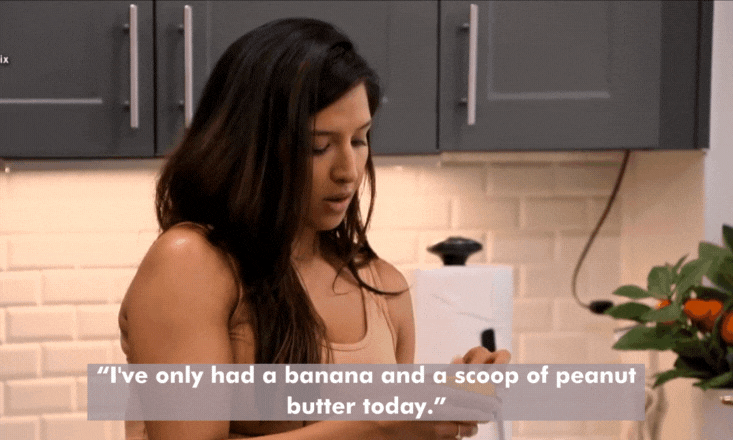
Twin Flames: Maybe Love is Blind’s Cole and Zanab were gaslighting each other

Sex Education’s Maeve and Isaac caravan canoodle is a romantic scene like no other
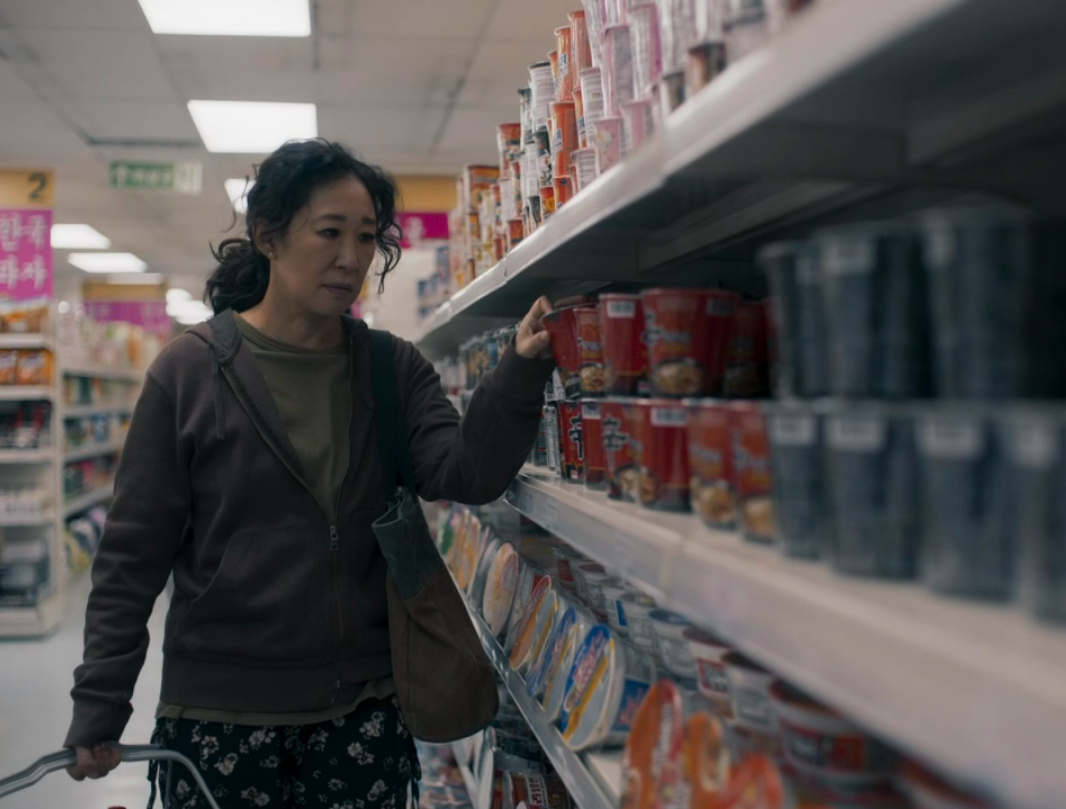
‘That is a lot of Shin Ramyun’ – Killing Eve and the safety of returning to cooking traditional…
